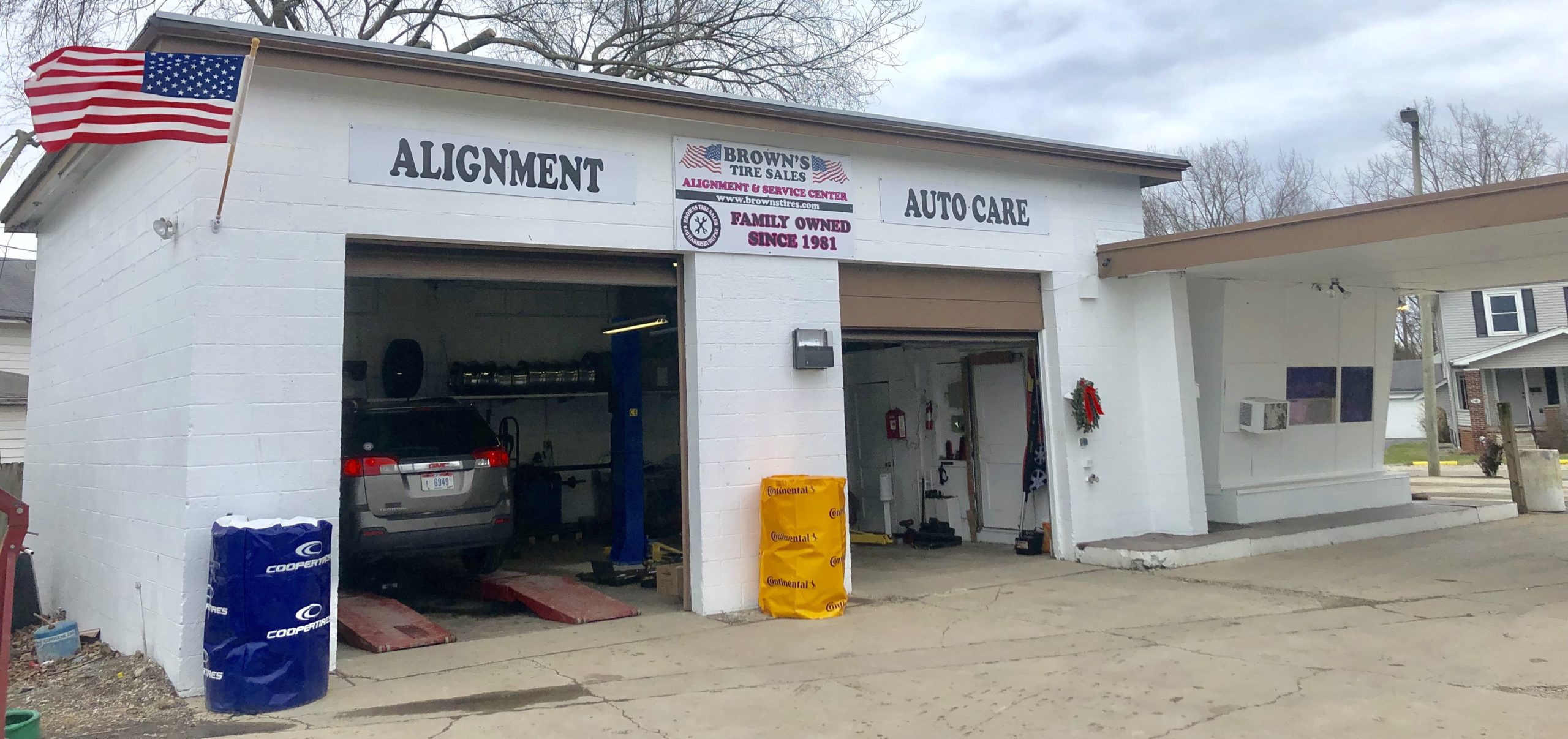Discover Tire Quality at Morris Tire: Your Trick to Ideal Performance
The Ecological Benefits of Proper Tire Maintenance
Maintaining correct tire treatment is often neglected, yet its effect on the atmosphere is extensive. Appropriate tire upkeep not just expands the life-span of tires yet additionally reduces landfill waste and contributes to improved air high quality.
Decreased Fuel Consumption
Improving tire maintenance practices can lead to a considerable reduction in gas usage for automobiles. According to the United State Department of Power, underinflated tires can reduce gas mileage by 0.2% for every 1 psi drop in pressure in all four tires.
Along with tire pressure, regular tire turnings and alignments additionally play an important function in fuel performance. Erratically used tires can enhance gas intake as the engine works harder to keep rate and grip. By preserving correct alignment and turning tires at recommended intervals, drivers can make sure even prolong the life and use of their tires, inevitably conserving fuel and decreasing their carbon footprint.
Extended Tire Life-span
Expanding the life expectancy of tires is a crucial element of effective lorry maintenance methods that can yield price financial savings and ecological benefits over time. By effectively maintaining tires, vehicle drivers can dramatically lengthen their use, decreasing the regularity at which new tires need to be manufactured and old ones disposed of. This not just preserves valuable sources yet likewise minimizes the energy and discharges related to tire manufacturing and disposal procedures.
Routinely examining tire stress, revolving tires, and ensuring proper placement are important actions in prolonging tire lifespan. Ample walk deepness is essential for optimum traction and security, yet it also contributes in how much time tires can be used before requiring substitute. Additionally, staying clear of hostile driving behaviors that increase tire wear, such as harsh stopping and sharp turns, can further boost tire durability.
Inevitably, increasing the long life of tires through positive upkeep not only profits the environment by decreasing waste and saving resources but also causes cost financial savings for lorry proprietors by postponing the requirement for new tire acquisitions.
Lower Discharges Outcome
Efficient tire maintenance practices contribute to a reduction in exhausts result, straightening with environmental sustainability goals in the vehicle sector. By preserving ideal tire stress levels, vehicle drivers can aid alleviate these negative environmental impacts.
Furthermore, well-kept tires likewise enhance traction and pop over here decrease rolling resistance, further improving fuel performance. This, consequently, minimizes the amount of exhaust gases released right into the atmosphere. our website Furthermore, ensuring tires are appropriately pumped up and straightened can expand the lifespan of the tires, reducing the frequency of tire substitutes and the linked environmental expenses of tire manufacturing and disposal.

Reduced Landfill Waste
Given the positive effect of correct tire upkeep on reducing exhausts outcome, one more considerable ecological benefit is the potential for decreased garbage dump waste. When tires are not preserved properly, they wear out quicker and require to be replaced extra frequently. This causes a higher volume of used tires being dealt with in land fills. Nonetheless, by guaranteeing that tires are appropriately pumped up, lined up, balanced, and rotated routinely, their lifespan can be considerably prolonged. This indicates that fewer tires finish up in landfills, decreasing the amount of non-biodegradable waste in these currently overflowing websites.

Improved Air High Quality
Enhancing air high quality with correct tire upkeep techniques is a critical facet of lasting ecological stewardship. When tires are underinflated, they produce much more moving resistance, resulting in raised gas usage and higher exhausts of damaging contaminants such as carbon monoxide and nitrogen oxides. Correctly inflated tires not only enhance fuel effectiveness but additionally reduce the quantity of pollutants launched into the air.
Furthermore, well-maintained tires with correct step depth and positioning add to safer motoring problems, reducing the likelihood of mishaps that can lead to the release of additional contaminants into the environment. By extending the life expectancy of tires via routine maintenance and rotation, less tires are disposed of prematurely, decreasing the go to this website ecological impact of tire disposal and production procedures.
Conclusion
In final thought, proper tire maintenance provides many environmental advantages. It is vital for people to prioritize tire upkeep as a simple yet reliable method to protect the environment for future generations.
Correct tire upkeep not only prolongs the life-span of tires yet likewise lowers garbage dump waste and adds to enhanced air quality - tire tracks morris il. By preserving proper alignment and turning tires at advised periods, chauffeurs can make certain also wear and extend the life of their tires, ultimately conserving fuel and decreasing their carbon impact
By correctly preserving tires, drivers can significantly extend their functionality, minimizing the frequency at which new tires require to be made and old ones disposed of.Regularly examining tire stress, rotating tires, and ensuring correct alignment are crucial actions in extending tire lifespan. In addition, making certain tires are correctly inflated and straightened can extend the life-span of the tires, lowering the regularity of tire replacements and the connected environmental costs of tire production and disposal.